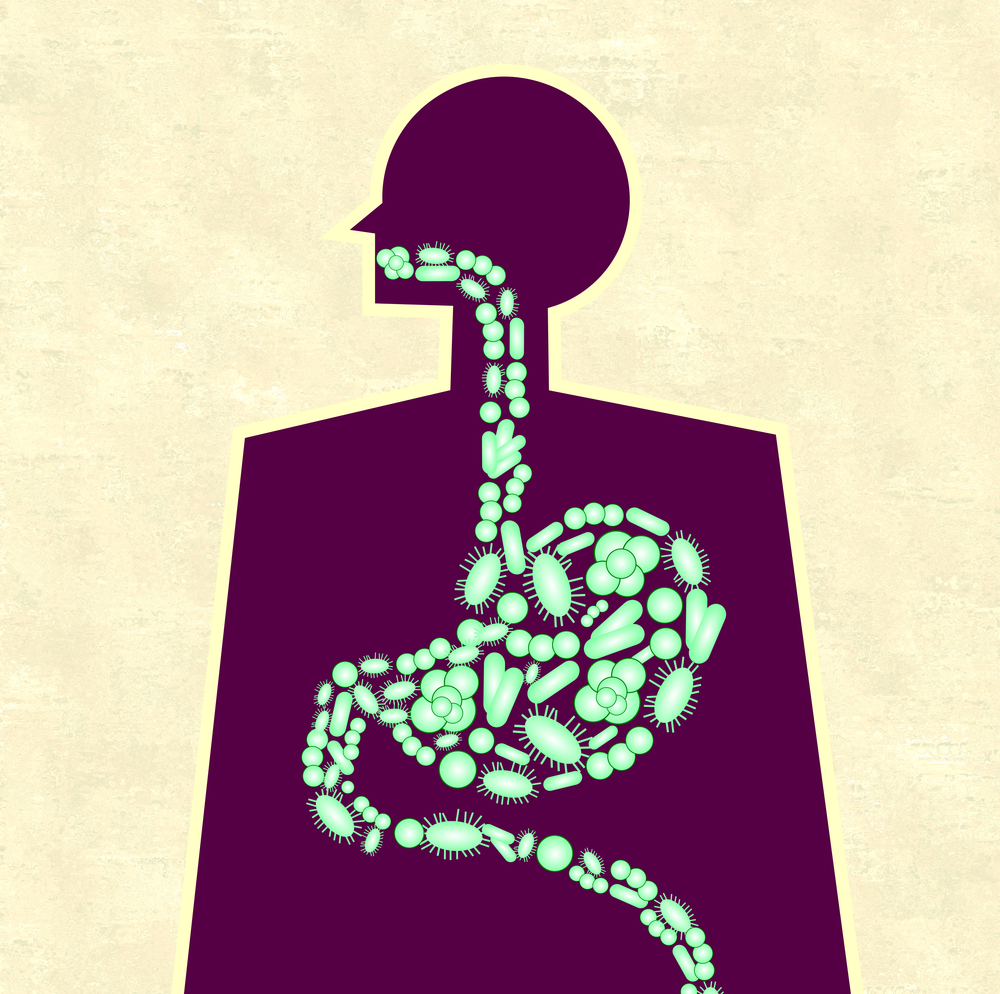Reduced Diversity in Gut Bacteria Worsens as CF Lung Function Declines, Study Shows

Cystic fibrosis (CF) patients have a poorer diversity of gut bacteria than healthy people, and it gets worse as the disease progresses, an Irish study indicates.
In addition, patients with severe lung impairment have significantly fewer bacterial species in their gut than those with mild lung problems, researchers found. Because frequent intravenous antibiotic courses are known to decrease bacterial diversity, it is obvious that disease management contributes to the abnormal gut-microbiome state, they added.
Researchers suggested CF-specific probiotics should be developed in order to minimize the risk. Their study, “The altered gut microbiota in adults with cystic fibrosis,” appeared in the journal BMC Microbiology.
Mutations in the CFTR gene cause CF. These mutations not only affect lung function, but also cause gut problems. Yet research has shown that CF patients’ gut microbiome differs from that of healthy people. Animal studies suggest the disease itself triggers the changes, but repeated antibiotic treatments likely contribute to the abnormalities.
Researchers at Ireland’s Teagasc Food Research Center and APC Microbiome Institute at University College Cork reasoned that as CF patients get older, it becomes increasingly important to understand how antibiotics influence their gut bacterial changes, and how those changes relate to disease.
The research team used a sequencing method to detect numerous bacterial species among 43 CF patients and 69 controls. The CF patients were all in a stable phase of the disease.
Patients had less species diversity than the controls, with the Firmicutes and Actinobacteria types of bacteria alone accounting for a combined 95 percent of all bacteria in CF patients. Researchers specifically noted a lack of Bacteroidetes, which comprised 39 percent of bacteria in healthy people, but only 4 percent in the CF patients.
By dividing the patients into groups based on the number of intravenous antibiotic courses they had undergone, researchers could tell that antibiotic treatment significantly reduced gut microbiome diversity.
The team also examined bacterial diversity among those with mild, moderate and severe lung disease, using the FEV1 lung function measure. People with serious lung disease had much lower bacterial diversity than those with milder problems.
CF patients are often treated with proton pump inhibitors for reflux, but those drugs had only minor effects on gut bacteria — and they didn’t affect overall diversity or types of bacteria.
Interestingly, an analysis of bacterial species according to type of CFTR mutation revealed that the most harmful mutations, class 1–3, were not linked to diversity differences, while less severe mutations were. CFTR gene mutations can be grouped into six classes according to the mechanism by which they disrupt the synthesis, traffic and function of CFTR.
Preventing gut bacterial changes with probiotics specifically developed for CF patients could improve patient outcomes, researchers said, adding that more research is needed for such efforts to pay off.







